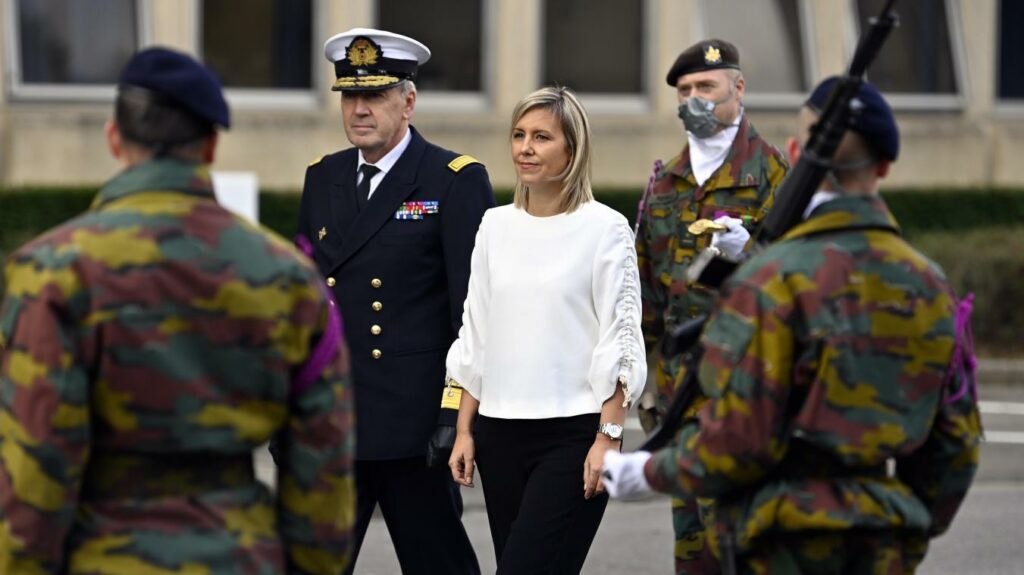Russia's invasion of Ukraine has changed the security landscape in Europe, with many countries deciding now is the time to boost their defensive capabilities. In Belgium De Croo's government has pledged over €10 billion to Belgium's defence forces.
But what will this considerable cash injection do? After years of cuts to military spending, Belgium's Army is in a sorry state, according to General Marc Thys.
Thys told De Morgen in 2019 that it isn't merely a. question of purchasing some equipment: "We're in deep s**t, there are no two ways about it."
Army
For all the frightening advances in military technology, the war in Ukraine shows that in many respects, forces on the ground are still key in modern conflict zones.
To this end, the Belgian Army will receive €6.6 billion by 2030, with the majority used to buy new vehicles. This equipment ranges from artillery to bulldozers and vehicles to bridge rivers. In addition, new transport helicopters will be purchased for €864 million.
Minister of Defence Ludivine Dedonder stresses the need to be deployable within the country. Last year's floods showed that the Army's equipment was not always up to the task.
Funds will also be spent on simulators to train soldiers virtually, thereby cutting travel costs.
Responding to the threat of biological and nuclear weapons, Belgium will now invest in protective suits, detection equipment and decontamination installations.
Belgian special forces will receive weapons upgrades, night vision equipment, boats and light aircraft.
Air Force
Belgium's Air Force is awaiting the arrival of 34 F-35 fighters which are now being built in Texas. The first aircraft are due to be delivered in 2025 as part of a €3.8 billion contract.
Some funds will go to a program for controlling drones. These will be used in situations that would be particularly dangerous, limiting risk to military personnel.
A large portion of Air Force funds will pay for upgrades to Belgium's "white fleet" – aircraft used by the government and protection for transport planes such as those used in the chaotic evacuation in Afghanistan last summer. The planes then were insufficiently protected to land in Kabul.
Navy
€527 million will be allocated to the Navy, which is a lower priority than the Army or Air Force.
Two new frigates have been ordered as well as a €136 million investment in "Ballistic Missile Defence". Belgium had previously overlooked NATO's calls for members to instal these missile shields on the grounds that they were too expensive. But the frigates that are now on order will be fitted with sensors to detect missiles.
Coastal patrol vessels will be upgraded and investments will be made in underwater drones to defuse mines.
Intelligence
Belgium's military intelligence service has long struggled with acute staff shortages and structural issues. Dedonder has now announced plans to reform the department with a €160 million investment to increase data gathering and analysis capacity.
Related News
- Belgian defence gets €1 billion boost
- High school diploma no longer needed to join Belgian Defence force
- Different camo, fit for women: what Belgium's military's new uniform looks like
The Army's cyber capacities will also be augmented. Dedonder has expressed an ambition to create a 'cyber force' within the Army by 2024.
For the moment, the Army hasn't commented on the draft proposal for defence and the bill has yet to pass through Belgium's Parliament.

